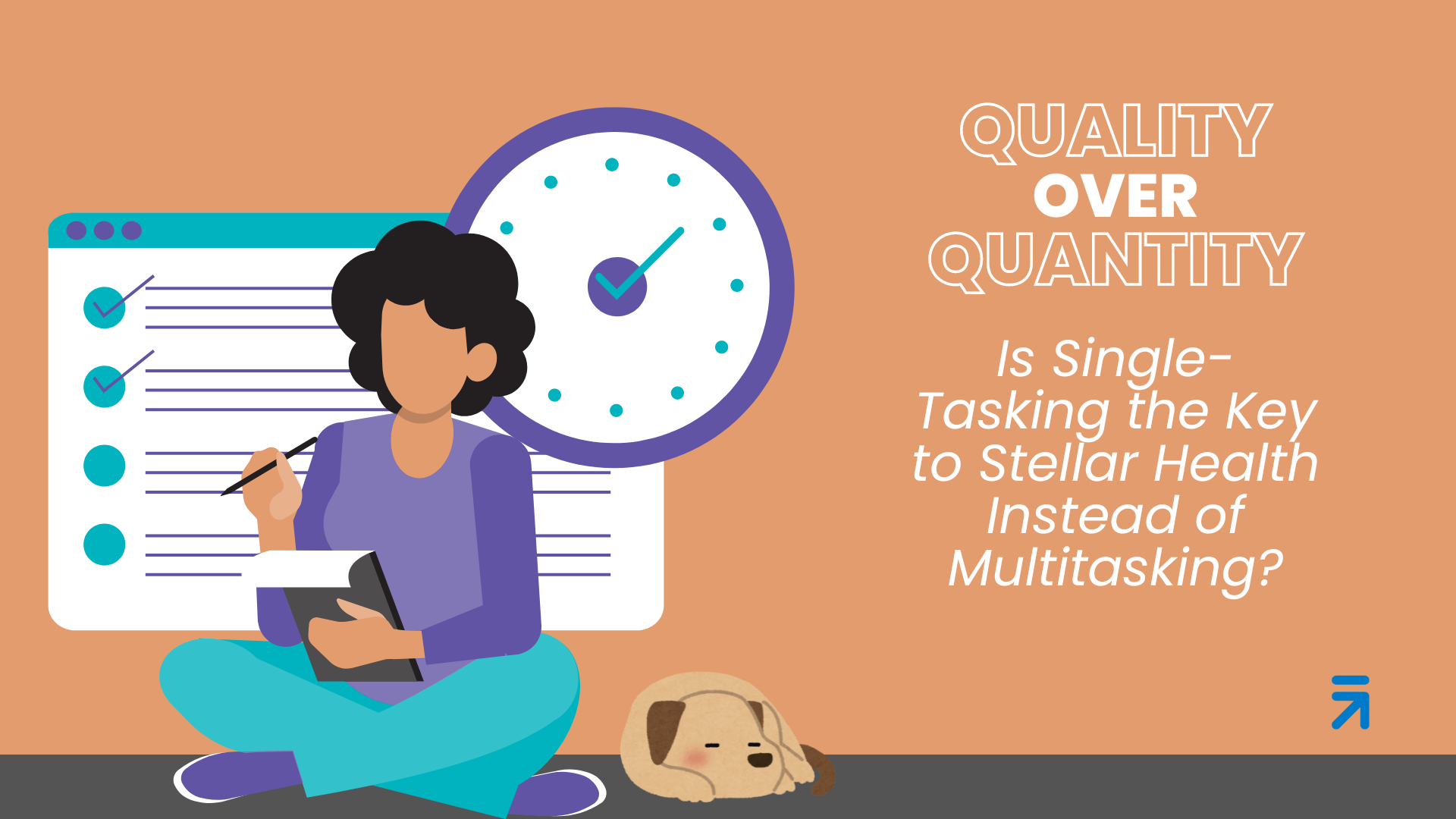Hold Back on the Bite: Finding Balance in Mindful Eating

Stay tuned to our latest news
“Embrace Your Pace” is more than just a phrase; it is a philosophy for individuals who march to the beat of their own drum. As the seasons transition from the fresh blossoms of April to the sunlit days of June, this ongoing RENPHO series will help to highlight the myriad ways one can embrace a life lived at their own pace.
Let's be real: eating snacks on the daily brings us so much comfort. Whether it's our favorite noodles or pack of chips, it helps to relieve our stress, even for just a bit. With the hustle and bustle of life always dawning upon us, we might not be aware of our eating habits, and how much of it constitutes snack eating. Oftentimes, as we are busy, we forget to eat healthily and choose the most convenient and cheapest option out there; usually fast food or convenience store snacks.
Fast food is a popular choice that brings high calories, sugar, and fat, which could negatively impact multiple areas of the body, and increase the risk of type 2 diabetes, obesity, and high blood pressure.
Although certain fast food items may not be as bad, it is still important to engage in mindful eating for a healthy balance.
Mindful Eating Explained

Contrary to just being related to healthy eating, mindful eating is a great step in feeling more satisfied with our food, eating more appropriate portion sizes for our body, and truly appreciating food. According to Corporate Wellness Magazine, mindful eating is rooted in being mindful or fully present in the moment, meaning we pay full attention to the experience of drinking and eating - observing how the food tastes, smells, feels, and looks. Not only does this allow us to better understand our body's needs, but it also helps foster a healthier relationship with food.
This practice provides various benefits for our physical and mental well-being. Mindful eating enhances our digestive system, as slowing down and chewing the food thoroughly aids in food breakdown; manages our weight effectively, as it prevents overeating with awareness of our fullness signals; reduces stress significantly, as it transforms the eating process into a calming practice; and improves our relationship with food, as it breaks the cycle of chronic dieting or fast food purchases.
Of course, it is never easy to break up old habits for a transformative experience. Starting to eat mindfully means managing cravings, reducing snacking, and avoiding distractions during meals. Mindful eating could also boost productivity, as we gain more awareness of our needs. By fully engaging in the eating experience, we become more attuned to our body's needs, resulting in increased energy levels and greater mental clarity.
How to Start Mindful Eating

- Begin with mindful exercises: Start your journey small by taking a few deep breaths before each meal to bring focus to the moment. Take in the colors, aromas, and textures of the food before you, and take small bites of it while chewing slowly to savor each flavor.
- Set meal times: In a hustle-driven environment, it is important to set dedicated schedules for meals to avoid distractions and missing meals. Make sure to eat in a peaceful and calm environment and enjoy your meal without rushing.
- Try it with your loved ones: Sometimes, it's better to eat with family and friends and talk about each other's food choices and preferences. You could also try communal cooking and dining to foster supportive conversations at the table.
Renpho Health Tips
-

Quality over Quantity: Is Single-Tasking the Key to Stellar Health Instead of Multitasking?
June 18, 2024
Read more >
-

Making the Process Smoother: Embracing the Journey of Slow Fitness
June 23, 2024
Read more >
-
Is Your Massage Gun Constantly Stopping? Here's How to Prevent That
June 24, 2024
Read more >
-

Prioritizing Pregnancy Safety: Is a Smart Scale the Wise Choice?
June 20, 2024
Read more >
-

From Agony to Ahh: How Regular Foot Massages Can Eliminate Heel Pain
June 18, 2024
Read more >



